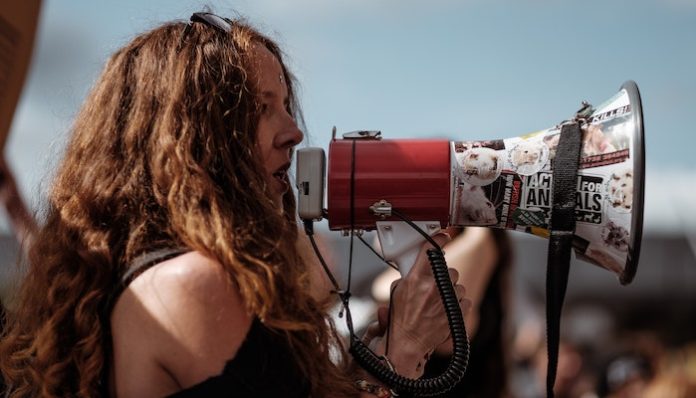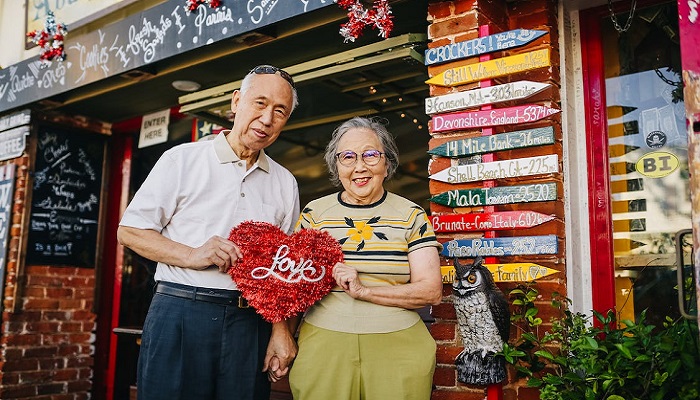
I am a person with a disability and also a biracial woman. Who I am coupled with the fact that I’m a writer often makes people believe that I’m an expert on all of these topics and more. However, is that really true? Does being an advocate for them mean I’m an expert? Well, yes and no. Let me explain.
Yes, I have written about some of these topics. Even if I didn’t, I have no doubt that I will when I find it necessary to cover them. However, no — I am not an expert on any of these topics. I don’t have a college degree of any kind that qualifies me or makes me knowledgeable. And that is ok.
Just because I don’t have a certain disability or identify as a certain type of person doesn’t mean I cannot educate myself and become an advocate for it.
When I came out with my first book, “Dear Anxiety” about 4 years ago, I was nervous because I don’t have anxiety or any mental illness. Or if I do, I have not been officially diagnosed with any. So, I was worried about how it might look to people that deal with this and other mental illnesses. To my surprise and amazement, it has helped people far more than I ever thought possible. When I wrote this book, I wasn’t claiming to be an expert. I even say at the end of the book: I am not a doctor, I am just a friend, a sister to people that have anxiety. So far, even though I’m not a specialist, my book has helped many people feel seen and understood.
As a writer, I have written about countless topics spanning LGBTQ+ issues, political topics, online harassment, and social media addiction. I’ve also covered lighthearted ones, such as how many bridesmaids to have and why traditions with your friends are important. However, I’m not an expert on any of these. So, this begs the questions: Why do we as a society have to be deemed qualified or included in a specific group to speak on a certain topic?
I am certainly not denying anyone the right not to tell their stories in the way they choose. However, I just don’t understand when people say they don’t like when people who don’t deal with a certain issue speak on it. Everybody has their own experiences and offers a unique point of view — which we can all benefit from.
Yes, these people may not have lived the life you have or identify the way you do. But that doesn’t mean your perspective is the only one that counts or matters. If people want to talk about certain things that may not impact them directly, but they see enough of it in their lives to speak out on it, let them speak. If you see something wrong with what they are talking about or feel it could be said in a different way, talk about it with them. Educate them and yourself. Try looking at it from their side of things, and you may learn a thing or two.
We should stop telling people what they can and can’t talk about unless they’re qualified. If we did, we’d have a lot more advocates in the world if we didn’t do this. We have to let people talk about what they feel is necessary rather than having them keep it to themselves. We would have a lot more voices speaking up on really important issues if we all became more understanding and open-minded.
Photo by Clem Onojeghuo on Unsplash


















